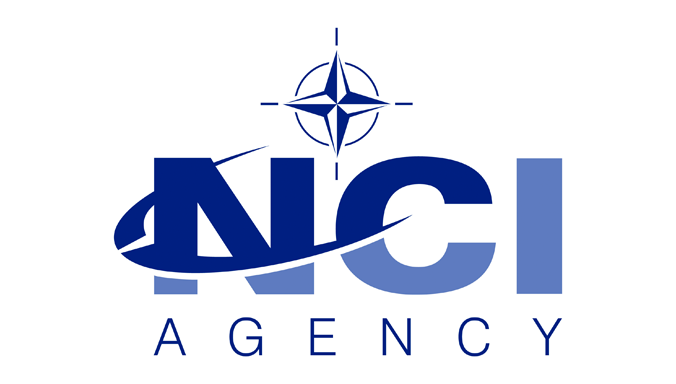NATO Communications and Information Agency (NCI Agency)
- English
- French
The NATO Communications and Information Agency – or NCI Agency – helps NATO member countries communicate and work together in more efficient ways. NCI Agency staff are technology and cyber security experts, providing services that allow NATO to perform its core tasks, including consultation among Allies and collective defence. Working with industry, academia and not-for-profit organisations to deliver innovative solutions, the NCI Agency delivers capabilities that help NATO keep its technological edge. It also provides IT support to Allies, the NATO Headquarters, NATO Command Structure, NATO Force Structure and other NATO agencies. Through the NATO Cyber Security Centre, agency experts protect NATO’s networks 24 hours a day, seven days a week.

Main tasks and responsibilities
The NCI Agency delivers advanced Command, Control, Communications, Computers, Intelligence, Surveillance and Reconnaissance (C4ISR) technology in support of Alliance decision-makers and missions, including addressing new threats and challenges such as potential cyber and missile attacks. The Agency is responsible for the acquisition of technology, experimentation, the promotion of interoperability, systems and architecture design and engineering, as well as testing and technical support. It also provides communication and information systems (CIS) services in support of Alliance exercises, missions and operations.
In addition, the Agency conducts the central planning, system engineering, implementation and configuration management for NATO’s Air Command and Control (Air C2) systems.
The NCI Agency also supports the exchange of information between NATO and other Allied bodies using interoperable national and NATO support systems.
The Agency’s structure
The NCI Agency, led by a General Manager, is headquartered in Brussels, Belgium. It also has locations in The Hague, the Netherlands as well as in Mons, Belgium and Oeiras, Portugal. The Agency is the executive arm of the NATO Communications and Information Organization (NCIO), which delivers C3 capabilities to stakeholders, improving coherence and interoperability, and ensuring the provision of secure CIS services at minimum cost to Allies, individually and collectively.
NCIO is managed by an Agency Supervisory Board (ASB) composed of a representative from each NATO member country. The Board oversees the work of the NCIO. After consulting with the NATO Secretary General, NCIO’s Board appoints the General Manager of the Agency. All NATO Allies are members of the NCIO.
The ASB, which reports to the North Atlantic Council, issues directives and makes general policy decisions to enable NCIO to carry out its work. Its decisions on fundamental issues such as policy, finance, organisation and establishment require unanimous agreement by all member countries.
Evolution
At the 2010 NATO Summit in Lisbon, Allied Heads of State and Government agreed to reform the 14 existing NATO agencies, located in seven member states. In particular, Allies agreed to streamline the agencies into three major programmatic themes: procurement, support, and communications and information. The reform enhanced efficiency and effectiveness in the delivery of capabilities and services, achieving greater synergy between similar functions and increasing transparency and accountability.
As part of the reform process, the NCI Agency was created on 1 July 2012 through the merger of the NATO C3 Organisation; NATO Communication and Information Systems Services Agency (NCSA); NATO Consultation, Command and Control Agency (NC3A); NATO Air Command and Control System Management Agency (NACMA); and NATO Headquarters Information and Communication Technology Service (ICTM).
